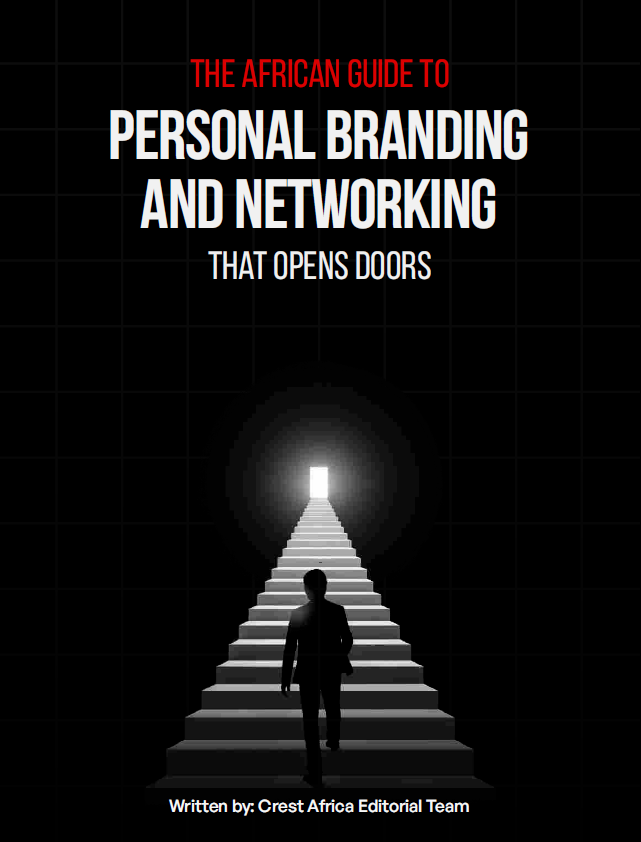Africa, home to one-fifth of the global population, continues to receive a disproportionately small share of clean energy investment, capturing only 2% of worldwide funding, according to the International Energy Agency’s (IEA) latest “World Energy Investment 2025” report.
Despite private sector clean energy investments on the continent nearly doubling from $17 billion in 2019 to almost $40 billion in 2024, overall progress remains hampered by a sharp decline in public and development finance.
These public funds, critical to Africa’s energy projects, fell by one-third to $20 billion in 2024 compared to 2015, largely due to cutbacks in oil and gas sector investments.
While renewable energy investments have partly offset losses in fossil fuel funding, the report highlights that 600 million people in Africa still lack access to electricity and nearly a billion remain without clean cooking fuels or technologies.
Sub-Saharan Africa, in particular, suffers from “very low” levels of investment relative to its population and economic potential.
Clean cooking solutions, crucial for health and environmental reasons, continue to rely heavily on donor aid and public grants since they offer limited appeal to private investors.
This underscores the necessity of strong public policies to support energy sectors that lack immediate commercial returns.
The IEA calls for increased public and international cooperation to ensure equitable and sustainable energy access across the continent, emphasizing that investment should not focus solely on large infrastructure projects but also target small-scale, distributed solutions like solar home systems, mini-grids, and energy storage.
These technologies are vital to delivering reliable power to rural and underserved communities.
The report further reveals that 70% of energy investments in Africa still funnel into fossil fuels, even as private sector interest in renewables grows.
Development finance institutions play a pivotal role by providing risk-reducing capital, with more than one-third of African energy projects directly benefiting from their support.
Accelerating investment flows and deepening local financial markets are critical to sustaining Africa’s energy transition, especially amid rising external debt, soaring interest rates, and exchange rate volatility.
These economic pressures are driving up investment costs and jeopardizing project viability, with debt service costs expected to consume 85% of Africa’s total energy investment spending by 2025.
The IEA’s report paints a clear picture: without urgent, coordinated action and innovative financing, Africa risks falling further behind in the global clean energy race, despite its vast potential and pressing energy needs.



